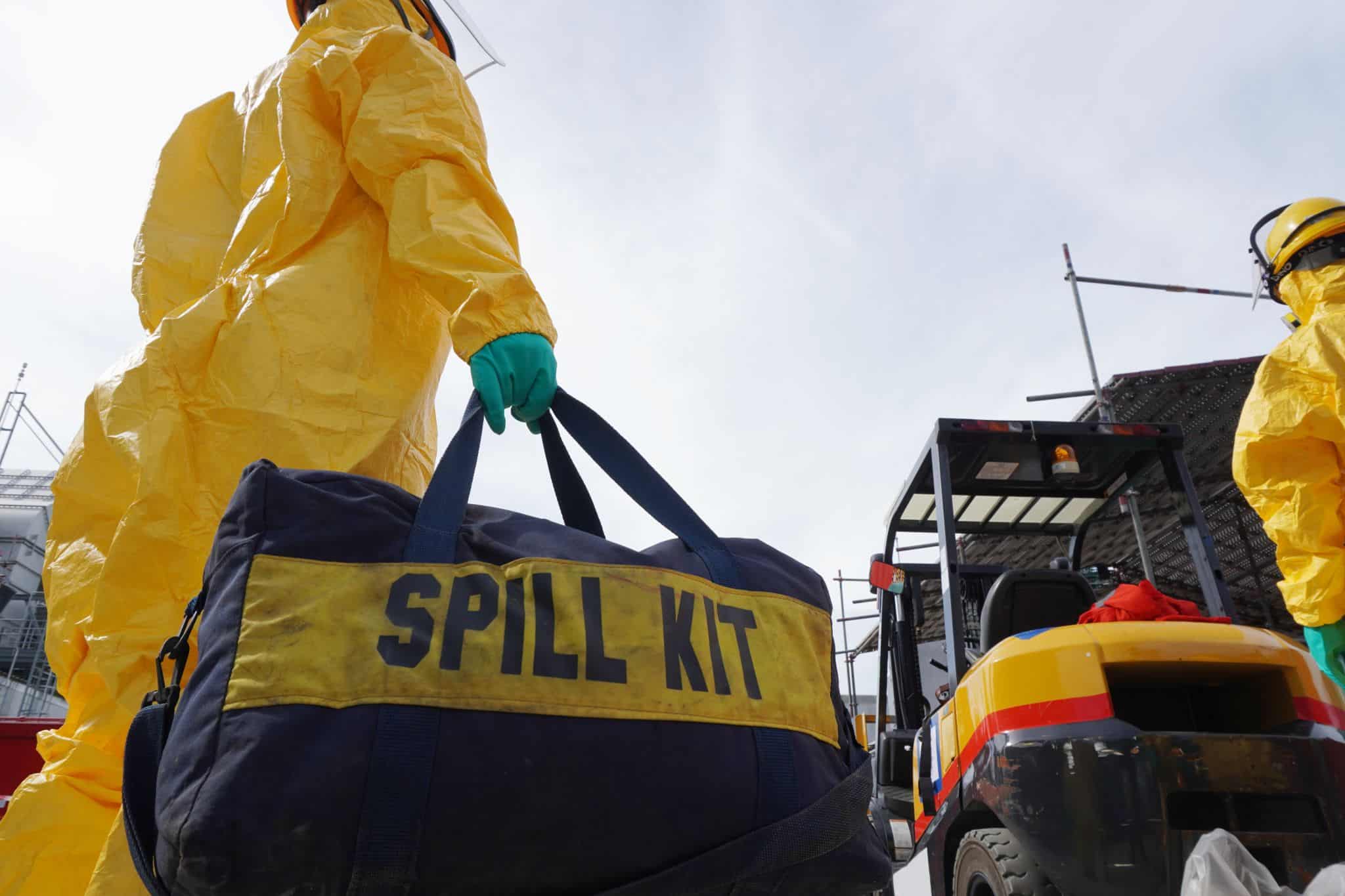
Governments, cities, universities, hospitals, and large organizations should prepare for a Superbowl-sized event during a total solar eclipse
Two major American cities are in the direct path of totality come April 2024: Indianapolis, Indiana and Dallas, Texas. The National Weather Service and NASA have both announced each of these major cities will be part of designated viewing areas. But thousands of other small towns dot the path of totality that stretches across the Midwest and South. Many include universities, large medical centers, and large employers who should be prepared for what a total solar eclipse brings.
Traffic, security, utility risks, and more
A solar eclipse only appears in about a 100-mile wide span of sky. In the August 2017 eclipse, it was estimated that somewhere between 2 and 7 million people traveled into the totality path. Researchers believe as many as 2 million will travel into the path of totality in April 2024. In Indianapolis, the Motor Speedway is expecting to host as many people at the track as two full stadium-sized crowds at an NFL game.
The biggest risks to health and safety during a total solar eclipse occur long before the 3 or 4 minutes of mid-day darkness:
- Municipal sewage and water systems may be strained to deal with an influx of users.
- Cellular networking services are often designed for a maximum number of “concurrent connections.” Network congestion may fail for everyone, limiting access to 911 operation centers.
During and after the eclipse, other expected challenges are likely to occur:
- Traffic incidents will likely rise briefly as people forget to turn on their headlights or spend more time looking out and up than down the road.
- Many drivers will pull over for safety to gaze at the once-in-a-lifetime event. But standing on the side of a highway in darkness is equally dangerous.
- According to NASA, it is not safe to look directly at the sun without specialized eye protection for solar viewing, except during the brief total phase of a total solar eclipse when the Moon completely blocks the Sun’s bright face. However, during a total solar eclipse, the Sun’s corona, which is its outer atmosphere, becomes visible. The corona is much dimmer than the Sun’s surface and can be viewed without eye protection during totality. Hospitals should be prepared for an influx of patients who looked too soon, too long, or without glasses. Similarly, hospitals should be prepared for an influx of patients simply because there are more people nearby and, statistically, many of those patients will suffer heart attacks, strokes, injuries, and other ailments.
Take these security and preparation tips as part of your solar eclipse checklist:
Security:
- Establish a dedicated planning committee that includes law enforcement and first responders along with a team responsible for coordinating all aspects of the event.
- Consider hiring additional security personnel or private security firms to manage crowd control, traffic, and surveillance of cameras and emergency call stations.
- Establish clear security protocols, including bag checks, entry and exit procedures, and emergency response plans in designated or expected viewing areas.
- Communicate security measures to event attendees well in advance to ensure their cooperation.
- Depending on the timing of the eclipse in your area, prepare schools for appropriate transportation measures. Some schools are closing for the Monday of the eclipse due to expected pressure on traffic close to dismissal time. But others can make the eclipse a fun, educational part of the regular school day.
Utilities and Infrastructure:
- Assess your existing utilities and infrastructure to ensure they can support the increased demand during the event.
- Arrange for additional restroom facilities, waste disposal, and recycling options to accommodate the larger crowd.
- Ensure that roads, bridges, and transportation systems can handle increased traffic and provide clear signage and directions to a designated viewing location.
Emergency Services:
- Set up first-aid stations or medical tents with water at strategic locations throughout the event area.
- Communicate emergency contact information to attendees and staff.
Communications:
- Establish a clear communication plan for both attendees and event staff.
- Ensure that you have reliable communication systems in place, such as two-way radios or mobile apps.
- Encourage businesses to have clear continuity of operations plans. Logistics and trucking companies passing through the totality zone may be delayed due to traffic, even if your business or operation is not in the direct path.
Permitting and Regulations:
- Comply with regulations related to crowd management, safety, and environmental protection.
- Governments should recognize the designated areas they may want to set for eclipse watching may not be where many people want to be. Consider obstructions from buildings, trees, or other objects that may interfere with people using a video camera, binoculars, telescope, or a tripod.
Transportation and Parking:
- Arrange for adequate parking facilities or transportation options, such as shuttles or public transit. Communities may consider using their fairgrounds and fair operations as a good starting point.
- Plan for designated drop-off and pick-up areas to minimize traffic congestion. This includes designated ride-share zones for Uber and Lyft.
Food and Refreshments:
- Coordinate with local food vendors or caterers to provide various food options for attendees. Food trucks, campers, and other vendors may need additional power, water, and sewage infrastructure.
- Recognize many people will likely make it a whole day of activity. They’ll bring a picnic blanket with chairs, coolers, and other comforts such as tents if not explicitly told not to in some areas.
Environmental Considerations:
- Implement eco-friendly practices, such as waste recycling and disposal, to minimize the event’s environmental impact.
- Prepare for a large influx of trash needing cleaning after the event. Contact volunteers such as local schools, Rotary clubs, or service groups to assist.
Public Relations and Outreach:
- Prepare area residents to avoid calling 911 except during an emergency. Some local residents will not expect the eclipse and, either out of fright or best intentions, call to report it, taking up valuable operator time.
- Encourage everyone to have extra batteries, solar filters or eclipse glasses far in advance. What normally costs a few dollars will be expensive closer to the event due to supply and demand. Large companies and organizations may consider buying eclipse glasses in bulk as a perk for employees.
- As the event draws near, watch the weather forecast closely. Clouds or rain will hamper the overall viewing, but will not stop darkness. A poor weather forecast may shuffle many viewers who are there for research or eclipse photography purposes to other areas where cloud cover is minimal. Depending on a weather system’s track, this could force thousands of people from a larger city into a smaller town within a few hours.
Post-Event Evaluation:
- After the event, conduct a thorough evaluation to identify areas of improvement for future events. Your experiences can also help other municipalities, organizations, and groups in the future.
- Gather feedback from attendees, staff, and local authorities to make necessary adjustments. The next eclipse may not occur for another 800 years in your area, but other large events could occur and warrant a similar action plan.
Some communities will be more of an eclipse destination than others by virtue of having more restaurants, hotels, and other services available. Vantage Point encourages every company, school, hospital, healthcare facility, employer, emergency center, and government to think about and plan ahead at least 90 days in advance. More if time allows. Contact us for questions or consulting needs.
The period of totality is expected to last 3-4 minutes, but the impact on the ground will likely involve at least day before and after.

















